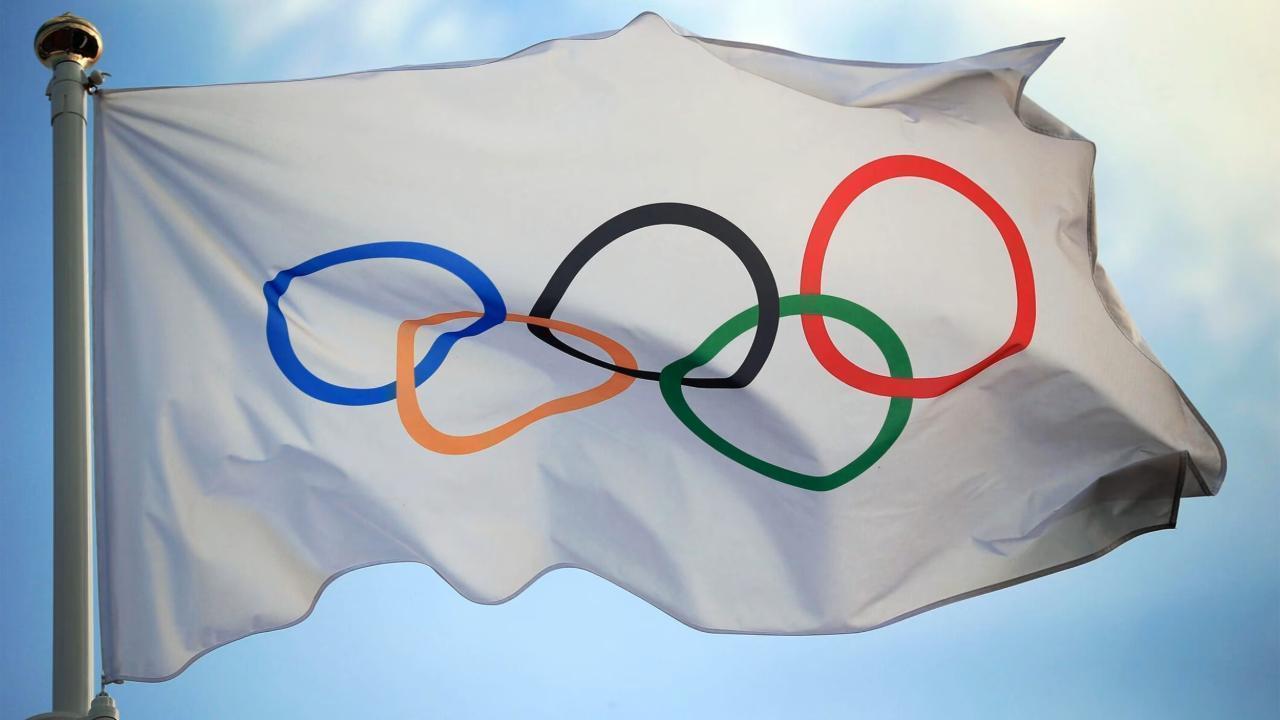You have not yet added any article to your bookmarks!

Join 10k+ people to get notified about new posts, news and tips.
Do not worry we don't spam!

Post by : Anis Farhan
Photo: X
The first major shift came to the Paris 2024 Games is gender parity. For the first time in Olympic history, there were an equal number of male and female athletes competing—around 5,250 each. This move fulfilled a long-standing promise by the International Olympic Committee (IOC) to make the Games fair and balanced in terms of gender representation. It’s not just symbolic. It’s reflected in expanded mixed-gender events, like relays and team competitions, which now feature in swimming, athletics, archery, and more. The message is clear: the future of the Olympics is equal.
Sustainability is also taking center stage. Paris 2024 has positioned itself as the “greenest Olympics ever,” with more than 95% of venues either reused or temporary. From solar-powered Olympic Villages to zero-emission public transport, every element of the Games was built with climate responsibility in mind. Even the medals were unique—crafted from recycled metals and old electronic devices donated by the public. The Paris model is seen as a blueprint for future hosts, proving that mega sporting events can leave a positive environmental legacy.
The most exciting changes, however, may be in the sports themselves. Paris will welcome breakdancing—renamed “breaking”—as an official Olympic sport. Athletes will battle it out in solo face-offs judged on creativity, rhythm, and technique. It’s a big step toward attracting younger audiences and reflecting urban culture. Also returning are popular additions from Tokyo 2021, including skateboarding, sport climbing, and surfing, all of which have quickly grown in popularity among Gen Z.
Looking ahead to Los Angeles 2028, the Olympic landscape gets even more dynamic. LA will introduce five new sports that reflect both modern tastes and regional appeal. Cricket, for example, is making a return after 128 years and is expected to draw huge interest, especially from fans in India, Australia, England, and other cricket-dominant nations. The T20 format will ensure matches are fast-paced and TV-friendly, ideal for global audiences.
Another exciting addition is flag football—a non-contact version of American football that brings high energy and inclusivity. Lacrosse will also make its comeback in a fast, six-a-side version. Meanwhile, squash, a long-overlooked sport, will finally get its Olympic moment, and baseball/softball will return to Dodger Stadium in LA, much to the delight of North American fans.
But LA 2028 is not just about expanding the program—it’s about reimagining the Olympic experience. The Games will be hosted across Southern California, with events staged at iconic locations like SoFi Stadium, Long Beach, Dodger Stadium, and even Hollywood sets. This distributed model cuts costs, reduces the environmental footprint, and integrates the Games into the cultural fabric of the host region. Unlike traditional centralized Olympic parks, LA will feel more like a festival of sports spread across a living city.
Behind all of these changes is a shift in leadership. In 2025, Kirsty Coventry became the first female and first African president of the IOC. A former Olympic swimming champion from Zimbabwe, Coventry is leading the charge to make the Olympics more inclusive, more youth-focused, and more responsive to global challenges. Her leadership is already being felt through the IOC’s willingness to modernize sports, expand representation, and focus on long-term sustainability instead of short-term spectacle.
Equally important is the increasing accessibility of the Games. The IOC is working with host cities to ensure that fans and locals can engage with the Olympics without needing exclusive passes or high-priced tickets. Public spaces, fan parks, and digital activations are being expanded to bring the Olympic spirit into everyday life, especially for the next generation of sports enthusiasts.
With Paris 2024 setting the stage and LA 2028 pushing boundaries even further, the Olympic Games are entering a new chapter—one where innovation, inclusivity, and impact take priority. From climate-responsible stadiums and expanded sports rosters to leadership shifts and broader gender representation, the Olympics are evolving from a global spectacle into a global statement.
This article is written and published by Newsible Asia for informational and editorial purposes only. All details are accurate as of June 2025 and subject to further updates from official Olympic sources.










BCCI Central Contracts Shake-Up: Kohli, Rohit Moved to Grade B as Board Reshapes 2025–26 List
Virat Kohli and Rohit Sharma have been placed in Grade B in the BCCI’s 2025–26 central contract list

Dalal Street Spotlight: Top 10 Stocks Investors Are Watching as Markets Open on a High
Indian stock markets begin the week with strong momentum, and several blue-chip and mid-cap stocks a

Market Movers Today: Key Stocks Set To Watch In Indian Markets
Indian equity markets are poised for active trading as several major companies, including Bharti Air

Milan Welcomes the World: Inside the Grand Opening Ceremony of the 2026 Winter Olympics
The 2026 Winter Olympics opening ceremony in Milan marked a defining moment for global sport, blendi

Unfolding Market Drama: Sensex & Nifty Trade Volatility Amid Budget Fallout and India-US Trade Breakthrough
Indian equity markets exhibited high volatility this week as the 2026 Union Budget triggered sharp s

Dhurandhar 2 Teaser Countdown Ignites Fan Frenzy: All You Need to Know
The highly anticipated sequel to the blockbuster Dhurandhar is building intense excitement as the Dh